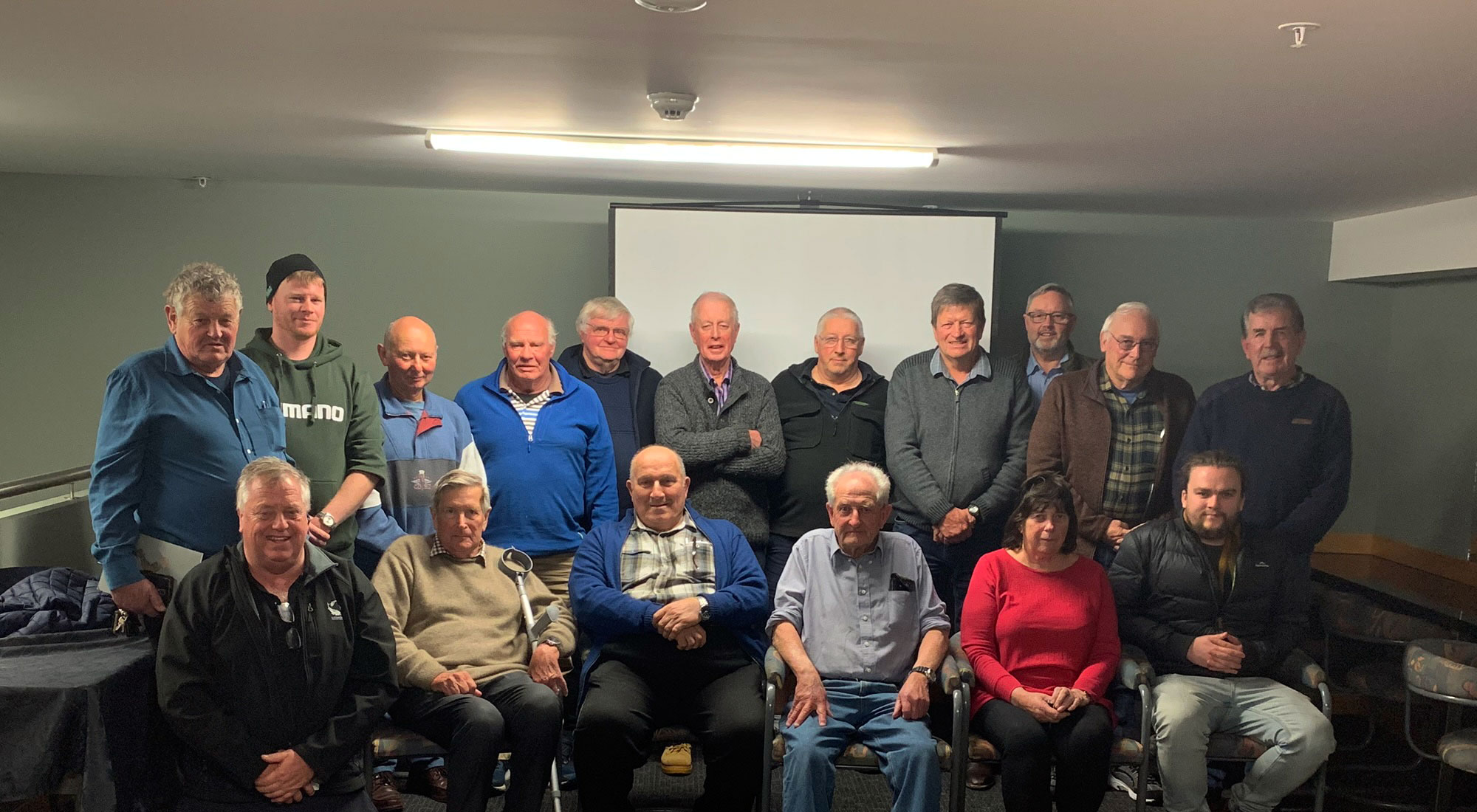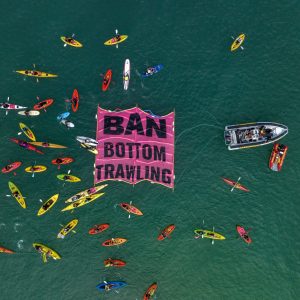The mere mention of fishing in the Marlborough Sounds incites a range of responses, from happy memories to deep concern for the environment. These reactions are a reflection of how passionate people are about the Sounds.

That passion was evident at the recent Annual General Meeting of the Marlborough Recreational Fishers Association held in Blenheim. LegaSea was pleased to be part of the discussions that covered numerous topics including the changing natural environment, trawling, and depletion of fish stocks in the Sounds.
Association secretary Peter Chapman captured the sentiments of the AGM in saying, “The Marlborough Sounds are a precious, natural resource both above and below the water. So as New Zealanders we have a stake in making sure this national treasure is conserved for us and future generations”.
With limited resources the Association has represented their members’ Marlborough fishing and environmental interests since 1992. The initial impetus was the draconian process to reduce Marlborough recreational snapper bag limits from 10 to 3 per person while leaving the Nelson area at 10, and commercial catch limits unchanged. Recent challenges include changes to the blue cod fishing rules, depletion leading to closure of the scallop beds, and marine habitat destruction due to forest run-off and dredging.
LegaSea was given a generous amount of time to provide an update on developments over the past year and what the future might hold. In an entertaining session spanning several hours stories were swapped and the scars of experience revealed, culminating in a resolution from the Association to continue advocating for the protection of recreational fishers’ interests in the Marlborough Sounds.
It is this sort of grassroots commitment that encourages LegaSea to stay focussed on the national issues such as overfishing, mismanagement, the need to rebuild depleted fish stocks, and how we can protect the inshore zone from damaging fishing practices such as trawling and dredging.
While the South Island represents less than 10% of all recreational harvest by weight there are a number of fisheries with high social, economic and cultural significance. It is a special part of our world that needs committed guardians.





